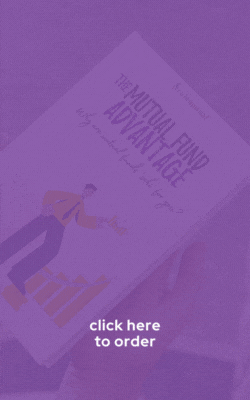The endowment policy sold by life insurance companies is one of the oldest forms of life insurance products globally. The single most important purpose of buying a life insurance policy is to provide financial security to one’s dependents in case of premature demise. The sum assured received by the surviving members of the family takes care of their minimum needs for sometime till the spouse or children are on their own in managing their
financial needs.
If a tragedy strikes a family, it creates a terrible financial mess. Life insurance helps people emerge out of that gradually with the large sum of money paid in lump sum. Hence many life insurance experts advocate purchase of term insurance policy which can be owned with very low annual premium for relatively much larger sum assured.
However, there is another scenario which calls for a relook at the decision to always go for the term policy to safely fulfil the objectives of buying life insurance. Death rate varies from 1.5 per thousand to five to six per thousand per annum depending upon various demographic factors for people in the age group of working class, or say those between 20 to 60 years of age. The rate keeps moving upward as the age segment moves up.
However, the death claims intimations received by the insurers never reach alarming figures in spite of occasional man-made or natural calamities. This scenario leads us to believe that most of the life insurance policyholders are going to survive the term of the policy and this is the positive side of the law of probability that keeps the insurance business moving and even profitable.
Propelled by this truth, any buyer of the insurance policy is quite justified to believe that he will survive the tenure of the term policy and he would also wonder why an insurance policy should not help him with a lump sum amount equal to the sum assured that matched his family’s needs when he stops earning instead of providing just financial security if he and his family has been lucky to survive beyond his working life.
This need of a common man gave birth to the concept of the endowment policy. This policy enables the policyholder to enjoy life insurance protection during the period he and his family members are vulnerable to risk.
Generally, the sum assured along with vested bonus is payable if the plan of insurance is under with profit scheme. If the term of the policy is 25 years or more the policyholders surely receive amount more than the double of the sum assured. Apart from the maturity value, the endowment policy confers several benefits on the owner of the policy.
The bonus accrues to the policy every year on the basis of investment income earned by the insurer on the investible fund of all endowment class policies. The vested bonus is attached to the payable amount on maturity or as and when death claim arises. In respect to death claims arising during first few years, more than often, the bonus amount is same or higher than the amount of premium paid. In some cases the sum assured comes to the family almost free.
Similarly, in case of surrender also credit is given for vested bonus after certain qualifying years. The endowment policy’s intrinsic value keeps growing with passage of time and it is considered a valid security for raising loan from financial institutions. The policy can be assigned against valuable consideration to the lender or out of natural love and affection in favour of close relatives or children. This policy helps in inculcating habit for saving and also results in forced saving for old age or for meeting urgent social obligations. The wisest use of the endowment policy, however, would be to invest the maturity amount to secure lifelong annuities which can support the policyholder in his or her old age.
Premium paid for any policy is eligible for deduction from taxable income up to R1.5 lakh per year. The maturity proceeds with bonus are exempt from tax without any ceiling. The tax rules, too encourage buying and holding of the endowment policies.



